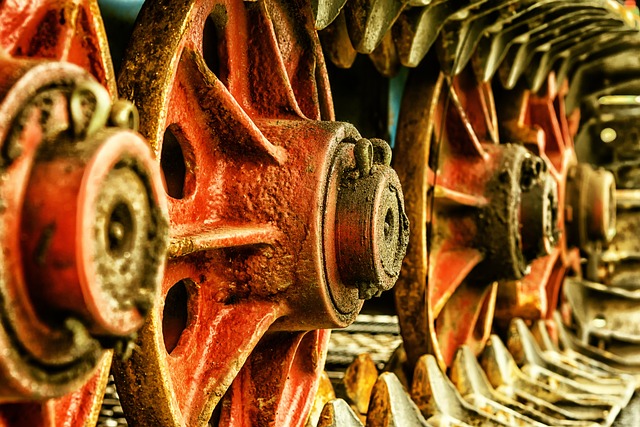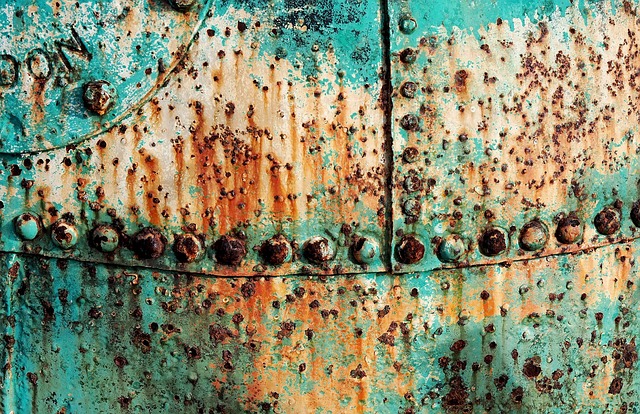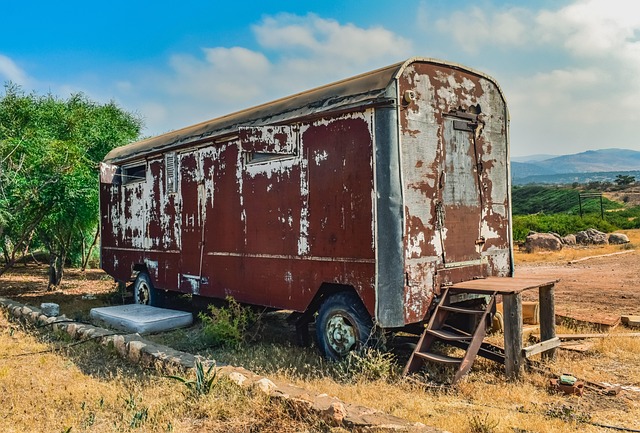Pipe corrosion, a significant plumbing issue, is fueled by moisture exposure in humid environments, incorrect material choices, inadequate drainage/ventilation, water contaminants, and aged pipes. Regular inspections are key to identifying early signs like rust or unusual noises, enabling timely repairs or replacements to avoid structural damage and costly maintenance. Understanding the common causes empowers informed decisions for effective plumbing maintenance.
Pipe corrosion is a common issue in plumbing systems, caused by various factors such as metal ions in water, high humidity, improper venting, inadequate insulation, and neglected maintenance. Understanding when to fix, replace, or call a professional for pipe corrosion repair is crucial to maintaining your plumbing’s integrity and efficiency. This article explores these considerations in detail, focusing on common causes of pipe corrosion and offering practical guidance for effective troubleshooting.
Common Causes of Pipe Corrosion

Pipe corrosion is a widespread issue that can lead to significant problems in plumbing systems. Understanding the common causes of pipe corrosion is essential for homeowners and maintenance professionals alike, as it enables them to make informed decisions regarding repair or replacement. The primary factors contributing to pipe corrosion include exposure to moisture, especially in areas with high humidity levels or frequent flooding; improper material selection, such as using metal pipes in corrosive environments; inadequate drainage and ventilation systems, which trap moisture and increase the risk of corrosion; and the presence of contaminants like salt, chemicals, or acidic substances in the water supply.
Additionally, old and damaged pipes are more susceptible to corrosion due to their weakened integrity. Over time, pipes can develop cracks or holes that allow water to seep in, accelerating the corrosion process. Corrosive by-products from other plumbing components, such as joints, valves, or fittings, can also contribute to metal pipe deterioration. These factors underscore the importance of regular inspection and maintenance to identify signs of corrosion early on, ensuring timely repair or replacement to prevent more severe and costly damage.
– Metal ions in water

Pipe corrosion is a common issue that can arise from various factors, with one significant contributor being metal ions present in water. These ions, often from minerals like calcium and magnesium, can infiltrate pipes through the water supply, leading to gradual deterioration over time. The process accelerates when water sits idle within pipes, allowing these ions to react with the pipe material, particularly in areas with reduced oxygen levels or high moisture content.
This type of corrosion is a common cause of leaks and structural damage, requiring timely attention. Homeowners should be vigilant about regular maintenance checks to identify any signs of corrosion, especially in older plumbing systems. Understanding when to fix, replace, or call a professional for pipe corrosion repair is essential to prevent further complications and costly repairs.
– High humidity environments

In high humidity environments, pipe corrosion can accelerate due to increased moisture content in the air. This common cause of pipe corrosion is often exacerbated by poor ventilation and elevated temperatures, creating an ideal condition for metal oxidation. As water vapor condenses on pipe surfaces, it forms a constant source of moisture that can lead to severe damage over time.
To mitigate this issue, proper insulation and ventilation are essential. Regular inspection and maintenance in humid areas are crucial, as well. Identifying signs of corrosion early, such as rust spots or unusual noises, allows for timely interventions like applying protective coatings or repairing damaged sections before the problem escalates, potentially saving you from more costly replacements.
Understanding the common causes of pipe corrosion, such as metal ions in water and high humidity, is key to effective maintenance. Knowing when to fix, replace, or call a professional for pipe corrosion repair is crucial for minimizing damage and ensuring the longevity of your plumbing system. Regular inspection and prompt action can significantly reduce the need for costly replacements, making informed decisions about pipe corrosion repair the best strategy for any homeowner or building manager.
